Are We Measuring What Truly Matters? A New Philosophy on Work and Well-being
Have you ever had a brilliant idea strike you on a weekend walk, or found a solution to a complex problem long after you’ve logged off for the evening? Our best thinking doesn't always adhere to a 9-to-5 schedule. So why do we so often feel tethered to one? What if we could design a way of working that honours our natural rhythms of creativity and energy, leading to not only better work but greater well-being?
Moving Beyond the Clock
For too long, the default measure of contribution has been time spent at a desk. The underlying belief is that presence equals productivity. However, I’ve always believed that it doesn't really matter what time, or even what day, people work. Whether it’s a weekday morning or a weekend evening, the focus should be on the outcome, not the hours logged.
While some leaders feel the need to stick to conventional structures, a more human-centred approach is possible. It requires a fundamental shift in perspective: from monitoring time to empowering talent. This isn't just a philosophy for remote work, which I've focused on for two decades; it's a philosophy for well-being. It’s about creating an environment where people can do their absolute best work, whenever and wherever that may be.
The Pillars of a Trust-Based Culture
This style of working isn't about the absence of structure; it’s about a different kind of structure built on clarity, trust, and accountability. The formula is simple yet profound:
Give clear objectives. Provide your people with a clear understanding of what they need to achieve.
Provide the right support. Ensure they have the resources and guidance to meet those objectives.
Let them be. Step back and give them the autonomy to manage how they get the work done.
Measure with accountability. Circle back to measure the results against the goals, creating a culture of mutual responsibility.
When you give people this level of ownership, you’re not just delegating tasks; you’re empowering them to build their own problem-solving "muscle". This feeling of empowerment is the engine that drives better loyalty and higher performance.
Cultivating Space for Creativity and Connection
This approach recognises that we are whole human beings, not just employees. My own creativity can spark at very abstract times, and as long as it doesn’t compromise my well-being, I believe in embracing those moments. When we grant ourselves and others the freedom to disconnect and reconnect with the world, we create fertile ground for innovation.
Giving people autonomy over their schedules allows them the space to connect with what energises them—be it nature, community, or personal passions. That time isn't "time off"; it's "time on" for the creative soul. By trusting people to design a work life that fits their whole life, you unlock a level of performance that rigid structures simply cannot access. It’s in this space of trust that strong connections are built, whether with colleagues, our work, or ourselves.
This philosophy is about more than just flexible hours or remote work. It’s a commitment to seeing people as people, trusting them to be brilliant, and giving them the freedom and accountability to prove it. It’s a model built on the belief that when you prioritise a person's well-being and autonomy, exceptional work will inevitably follow.
How could more autonomy in your day help you connect with your well-being?

